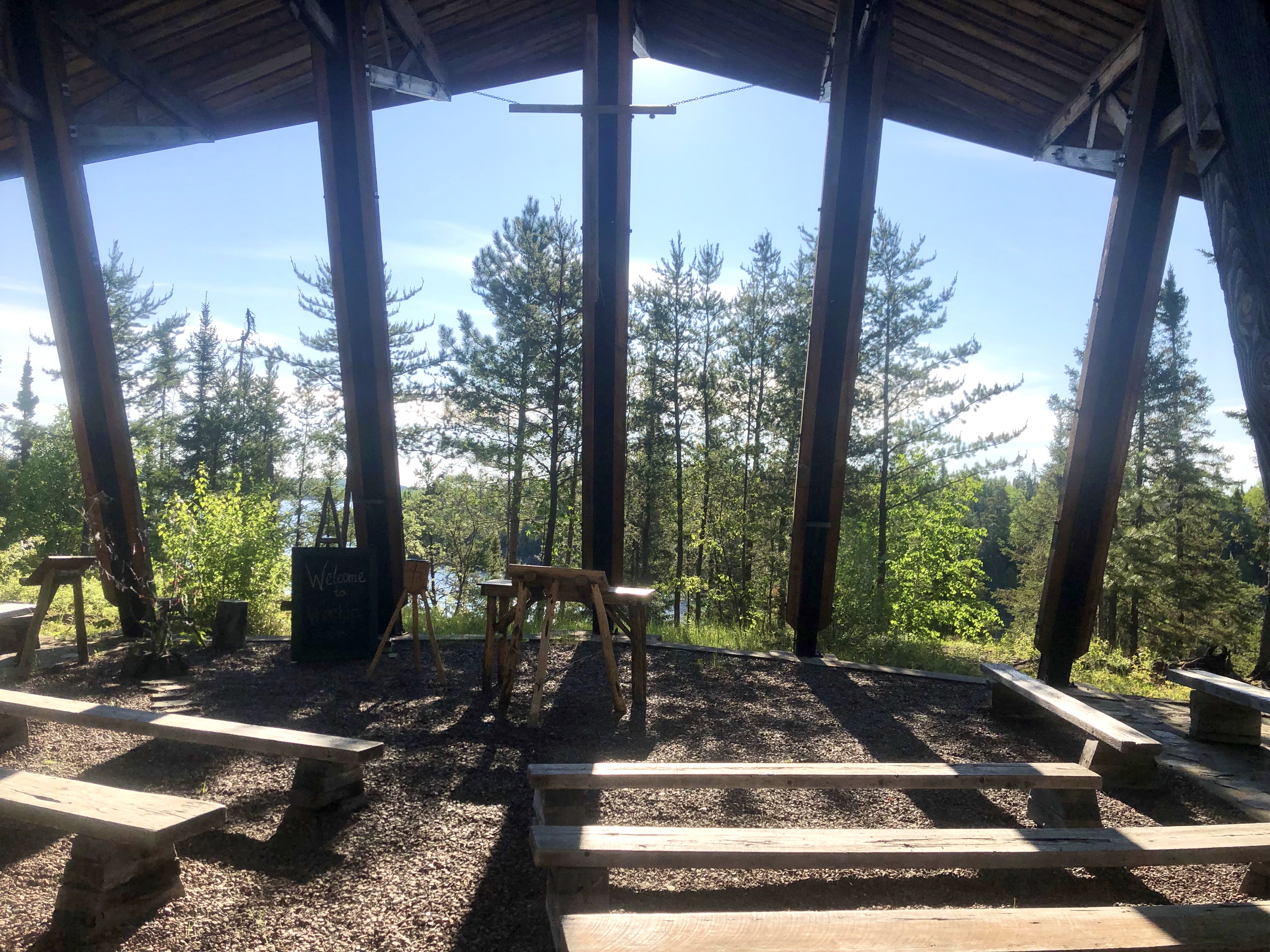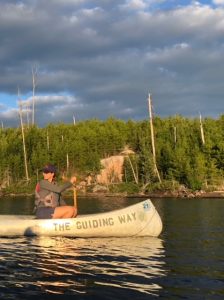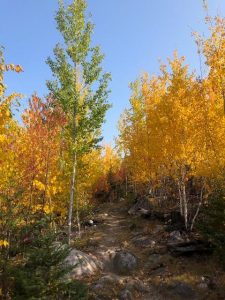“There are those who hate the one who upholds justice in court and detest the one who tells the truth. You levy a straw tax on the poor and impose a tax on their grain. Therefore, though you have built stone mansions, you will not live in them; though you have planted lush vineyards, you will not drink their wine. For I know how many are your offenses and how great your sins. There are those who oppress the innocent and take bribes and deprive the poor of justice in the courts. Therefore the prudent keep quiet in such times, for the times are evil. Seek good, not evil, that you may live. Then the Lord God Almighty will be with you, just as you say he is. Hate evil, love good; maintain justice in the courts. Perhaps the Lord God Almighty will have mercy on the remnant of Joseph.”
“I hate, I despise your religious festivals; your assemblies are a stench to me. Even though you bring me burnt offerings and grain offerings, I will not accept them. Though you bring choice fellowship offerings, I will have no regard for them. Away with the noise of your songs! I will not listen to the music of your harps. But let justice roll on like a river, righteousness like a never-failing stream!”
– Amos 5: 10-15, 21-24
“On reaching Jerusalem, Jesus entered the temple courts and began driving out those who were buying and selling there. He overturned the tables of the money changers and the benches of those selling doves, and would not allow anyone to carry merchandise through the temple courts. And as he taught them, he said, “Is it not written: ‘My house will be called a house of prayer for all nations’? But you have made it ‘a den of robbers’.””
– Mark 11: 15-17
Hi everybody! My name is Beatrice, and I’m the Program Coordinator here at Wilderness Canoe Base. A couple things about me: I’m 22 years old, this is my third summer on staff, and my second as program coordinator. I grew up here in Minnesota with my older sister Mia and my younger brother Henry. Based on my status as a midwestern middle child, you can safely assume that for most of my life I’ve prioritized being “nice” and avoiding conflict above pretty much all else.
My little brother was a bit different. From ages two to six, Henry was, with no exaggeration, an explosively angry maniac. When he got upset about something, it would at first be kind of hard to notice since he would become completely still and quiet. Then his lower lip would start to puff out, his little dumpling fists would clench, and he would start to shake as his entire face turned a dark shade of red. At this point, we knew to start running or, if you were my dad, holding him at an arm’s length as he started swinging his fists and screaming at the top of his lungs while baring his teeth. When I was upset I’d just cry, and I’d cry progressively louder until my parents noticed and came to comfort me. Not Henry—he wasn’t looking for comfort. He had energy, and he wanted to do something. His emotions made an impact that you could see decorating our house: broken doors, dented drywall, and writing on the walls that was at first nonsense scribbling but as he became literate turned into the worst words he knew how to spell. I’m okay sharing these things because he was just a little kid and he got much calmer once we got him into hockey. So, Nate, don’t hold this against him when I convince him to apply for a job here.
I tell you about Henry because it’s a simple example of the function of anger in our lives. If you all are familiar with fight, flight, or freeze, anger is a key component of the “fight” response. At its best, it gives you the energy and drive to face a danger or problem head on, right now. For Henry, the anger was misplaced since he was just a little guy and didn’t know any better. But I think we’ve all experienced that same energy. Like, when you get so mad that you have to leave and take a walk because you just need to do something to blow off some steam.
I think, in midwestern and Lutheran circles especially, we demonize anger as an emotion. It’s considered rude, immature, unnecessary, inconvenient and uncomfortable. My first instinct when someone raises their voice or confronts another person is this is so awkward get me out of here right this instant. I’m the same way when I personally feel angry, too—be civil, take the high road, it’s much easier to ignore it and move on. I think those kinds of feelings are perpetuated by how we read and teach the Bible. We’re taught that anger is foolish, that we should always turn the other cheek, that we should love our enemies. And we’re told over and over again to establish peace, to maintain peace, that God loves peace. And while many of those lessons are true I think we misinterpret some of them.
I used to tell people that I could never imagine a wrathful or hateful God like the one that we often see in the Old Testament, in the flood and the fire and the plagues. But as I see how the events of our world unfold, that “never” becomes a little less concrete.
Because when I see widespread poverty fueled by exploitation, political control enforced by threat of violence, or profit being made off of mass incarceration, imagining a God who looks upon those conditions calmly, perhaps even sadly, and sighs, and thinks “well, that’s just too bad”— that feels completely wrong. That can’t be what we mean when we talk about God’s peace.
For although God loves peace, God also loves justice and righteousness, as we’re told in the book of Amos. In fact, in the Bible the Hebrew word shalom is often used to refer to both. Peace can’t exist without justice. And when injustice prevails in the world, we cannot use “keeping the peace” as an excuse for avoiding conflict.
When we refer to the verse from Amos, by focusing only on the end, the verse about “justice like a river” and “righteousness like a never-failing stream,” we miss some important context. When we look at the rest of the chapter, the tone of the message is less triumphant and joyful and far more threatening. God is calling out economic exploitation, how people are living lives of excess when others live in poverty, how the law is being used to oppress rather than uphold justice. And God’s furious—God despises these acts and how we continue to worship when we are practically indifferent to suffering and injustice. And in a rare instance, God calls on us to hate, to “hate evil”— express permission to unleash the energy of our anger on the evil that imposes conditions of injustice. God’s anger, and the anger God calls us to call upon, is anger driven by love.
So what do we have so far?
Anger is a “fight” response; it gives us energy and drive to face problems head on.
Our God of peace gets angry—at injustice and those who perpetuate human suffering.
And God calls us to get angry—to use the energy of our loving anger to uproot the causes of injustice.
When people are talking about injustice, I most often hear expressions of sadness. Condolences, pity for victims and their loved ones, a general expression of remorse for the way things are. Those feelings are natural, and valid. But if you are not a member of the community that’s been harmed, what good does your sadness do for that community? The function of sadness, as an emotion, is to signal a need for support in the process of healing. Empathizing with a community that’s been harmed is one way to show solidarity, but it’s not active in preventing the next injustice from happening. Anger can provide that drive towards action.
In all four gospels, we’re told the story of Jesus cleansing the temple in Jerusalem. It was Passover, and in the temple merchants were selling animals for sacrifice to those who had made the pilgrimage for the occasion. Doves are specifically mentioned, and they were the primary sacrifice of those who couldn’t afford much else. Merchants were able to exploit the opportunity to overcharge the poor for the animals that they needed. There were also money exchangers who were charging high rates for those that needed to convert roman money in order to buy those animals. So these people are in a temple of God and making a profit by exploiting those who are already in poverty but need these items to practice their religion. And when Jesus sees this, he’s irate: he’s overturning tables, dumping money, calling people out as “robbers” and preventing anyone from doing any more business there. In the book of John, he even chases people with a whip. That’s loving anger—it’s messy, it’s confrontational, and it’s powerful. Jesus disrupts the exploitation he sees happening in front of him and demonstrates a commitment to justice.
Protest is a demonstration of anger. When we see people out in the streets demanding that change be made and insisting that justice will prevail—in the fight for Black Lives and against police brutality, in the pursuit of LGBTQ+ rights, or in the name of economic equality, for example—their actions are demonstrative of the loving anger that God encourages and that Jesus embodies. I can see it in strong words placed onto a page or said into a camera, but also in signs and chants, strikes and boycotts, linked arms and roadblocks, broken glass and spray paint. These are ways that people express the loving anger that wells up inside when injustice is happening right in front of them. These are ways that people disrupt the comfort of those who benefit from the harm done upon the oppressed. These are the people who are overturning the tables.
Many of us are unworthy beneficiaries of privilege who seek to become allies. But to be effective allies we have to shed our aversion to anger. When we see demonstrations of anger, if we are defensive—we must become humble and receptive. If we are uncomfortable—we have to sit with it and let it make change within us. When we’re faced with injustice and experience turmoil, we can begin to replace our exhausting sorrow with energizing loving anger that will drive us to fulfill our responsibility to act with justice.
This is a big ask of you all. Anger feels like negativity, and it’s pretty uncomfortable to sit with. But keep in mind, that being angry also means being hopeful. Because why would we feel so passionately about disrupting injustice if we didn’t think a just and peaceful ending was possible? Anger requires hope for a better future, and so too does hope for a better future require passionate anger, in our world where indifference breeds injustice.
We’re so lucky to be in this place that inspires in us a calming inner peace through its beauty, silence, and still waters. But we must also remember the need for the movement of the turbulent waters—the rolling rivers and the never-failing streams.
Let’s all embrace our hopeful anger. Let’s shed the shame and embarrassment and fear of that feeling. It’s not a burden on us anymore—it’s our energy! And we have the opportunity to go out and love the world with the holy and beautiful fury that God has given us.
Written by Beatrice Lawrence, 2021 Program Coordinator



